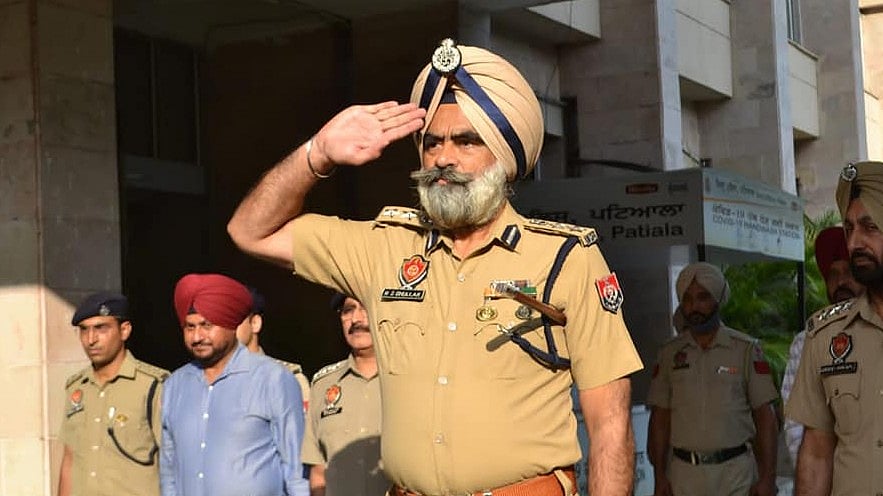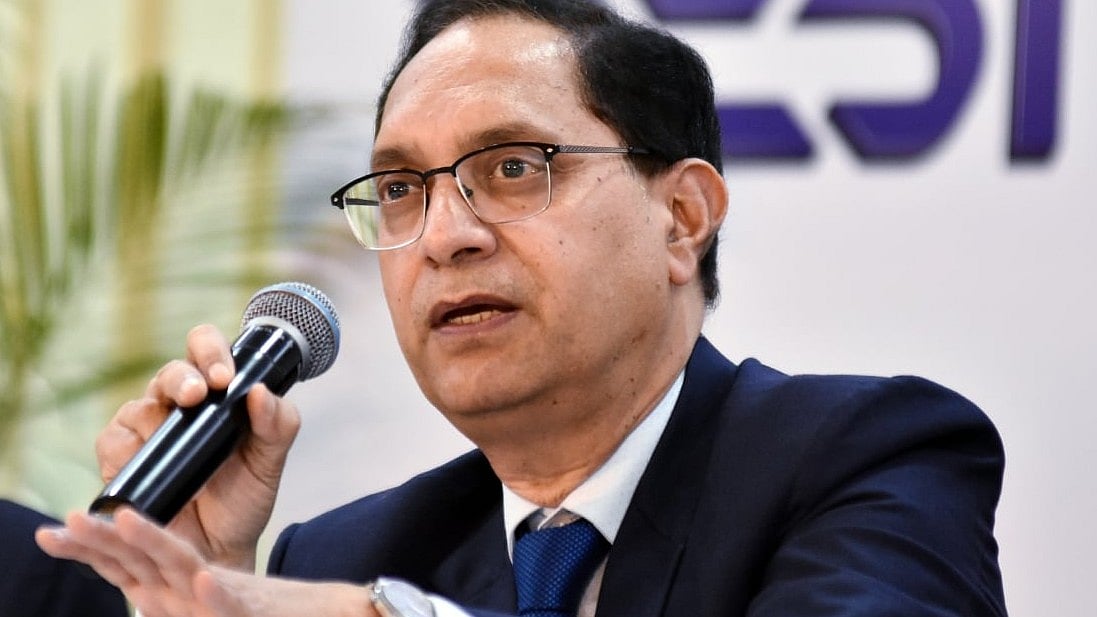Punjab: A senior Punjab Police officer known for his uncompromising stance against crime was arrested in a bribery case on October 16, sparking chatter across the state’s administrative and law enforcement circles.
DIG Harcharan Singh Bhullar, a 2007-batch IPS officer, was taken into custody following allegations of corruption, leading to a CBI investigation into the case.
The arrest stunned many within the police department, as Bhullar was long regarded as a disciplined and upright officer. His detention also raised some uncomfortable questions about the internal mechanisms of accountability within Punjab’s policing system.
Who is DIG Harcharan Singh Bhullar?
Bhullar currently serves as a Deputy Inspector General (DIG) in the Punjab Police and has previously held several important positions in the force. Known for his strict administrative approach, Bhullar earned respect for his strong action against the drug mafia, organised crime, and corruption-related offences. His career had been largely viewed as a model of integrity and professional discipline until the present allegations surfaced.
Influential Family Background
Bhullar belongs to a family deeply rooted in Punjab’s police and political landscape. His father, Mehal Singh Bhullar, served as the Director General of Police (DGP) of Punjab and was recognised for his role in anti-terrorism operations during the 1980s and 1990s.
His younger brother, Kuldeep Singh Bhullar, is a former Congress MLA. The family’s longstanding presence in public service has added weight and scrutiny to the case, with many surprised by the turn of events.
Corruption Allegations Against Bhullar
The CBI is currently probing the bribery case in which Bhullar has been named. The Aam Aadmi Party, which governs Punjab, has maintained that the case will be handled with complete transparency. Party spokesperson Baltej Pannu said that “corruption will not be tolerated at any cost” and that a thorough inquiry would follow.
Bhullar’s arrest has not only cast a shadow over a once-admired career but also placed the state’s anti-corruption stance under close public watch.









